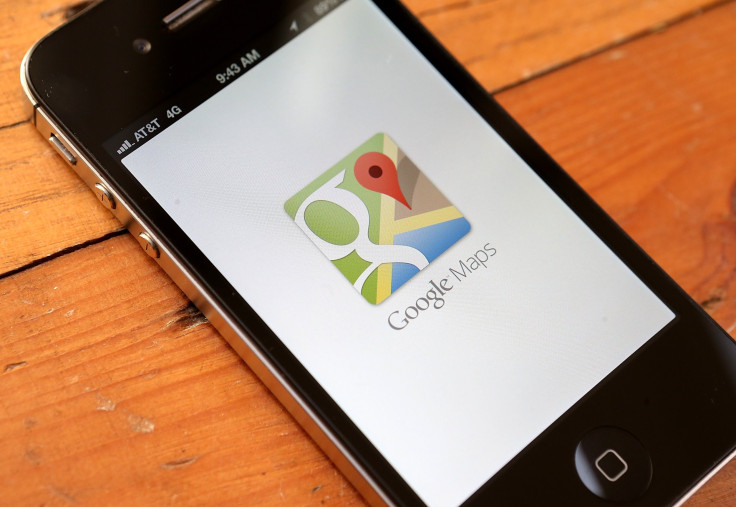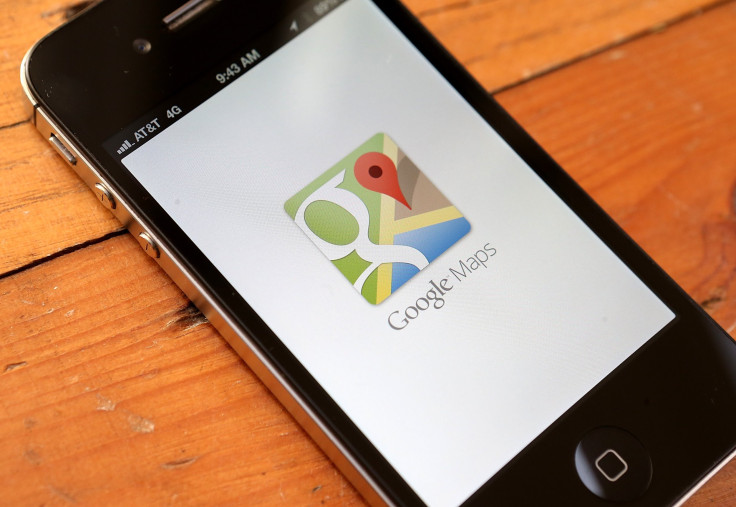Google Reportedly Tracks User Location Data Even With Setting Turned Off

Between its signature search engine, YouTube, its maps and the company’s many other service offerings, internet users give plenty of their personal data to tech giant Google. However, an extensive investigation by the Associated Press found that users could be giving more information than they originally thought.
Google surreptitiously tracks users’ location data even when the users turn off the setting marked "Location History," according to the report. That means there are several Google apps that can see exactly where their users have been without the user knowing it, which represents potential privacy risks in an era of increased anxiety over tech corporations and their use of personal data.
Location History primarily exists to track where users have been and serve them advertisements based on the data, according to the Google support page for the feature. Users can turn it off in the “Google Account” section of an Android device’s Settings page.

The problem, per the AP, is that this does not actually stop Google from tracking information as promised. Searching for certain terms on Google, like “chocolate chip cookies,” reportedly saves location data from when the search was made, for example. Even weather updates sent to devices will do it. This is consistent across iOS and Android devices, according to a Princeton team who conducted research for the AP report.
The trick is apparently to turn off another entirely separate setting called Web & App Activity. Leaving that option toggled while turning off Location History does not actually do much to stop Google from tracking user movements. A Quartz investigation from 2017 found that Google similarly tracked user location using cell towers, even when Location History was turned off.
There can be added privacy worries if a person's home and work addresses are stored in their Google accounts without their explicit knowledge. Some customers might not be comfortable knowing their everyday movements are tracked and stored on a corporate server.
Facebook’s handling of personal data has dominated headlines throughout 2018 but Google has dealt with similar problems this year, as well. Advocacy groups have accused Google of collecting data from children who frequent YouTube, for example. Google also allegedly allowed app developers to look at user email inboxes.
© Copyright IBTimes 2024. All rights reserved.





















